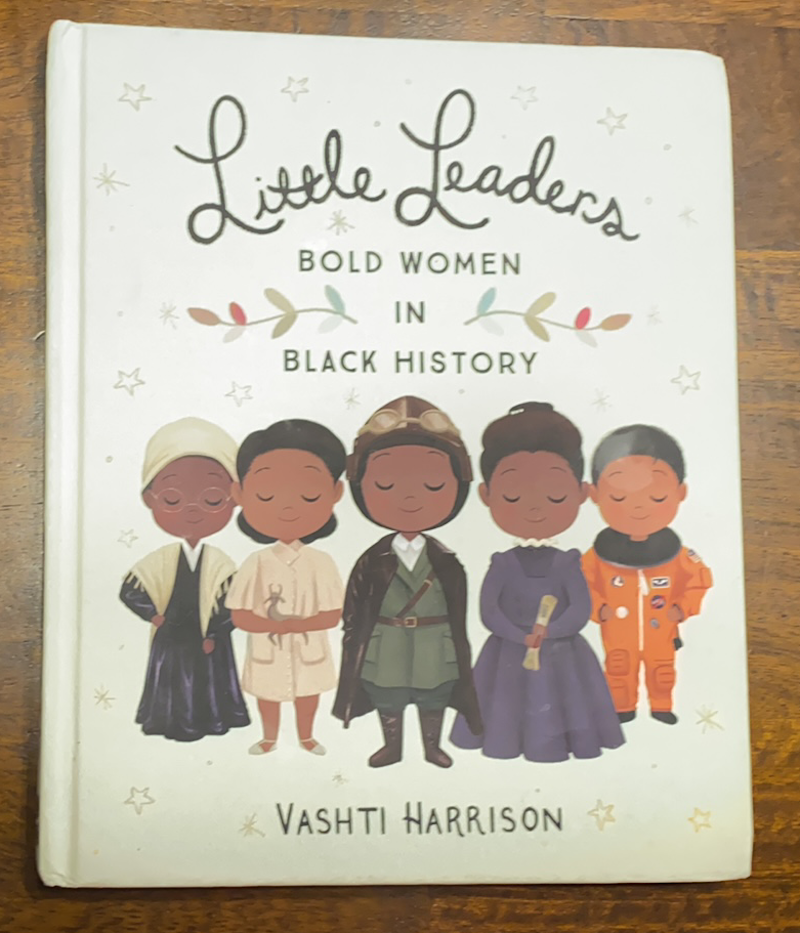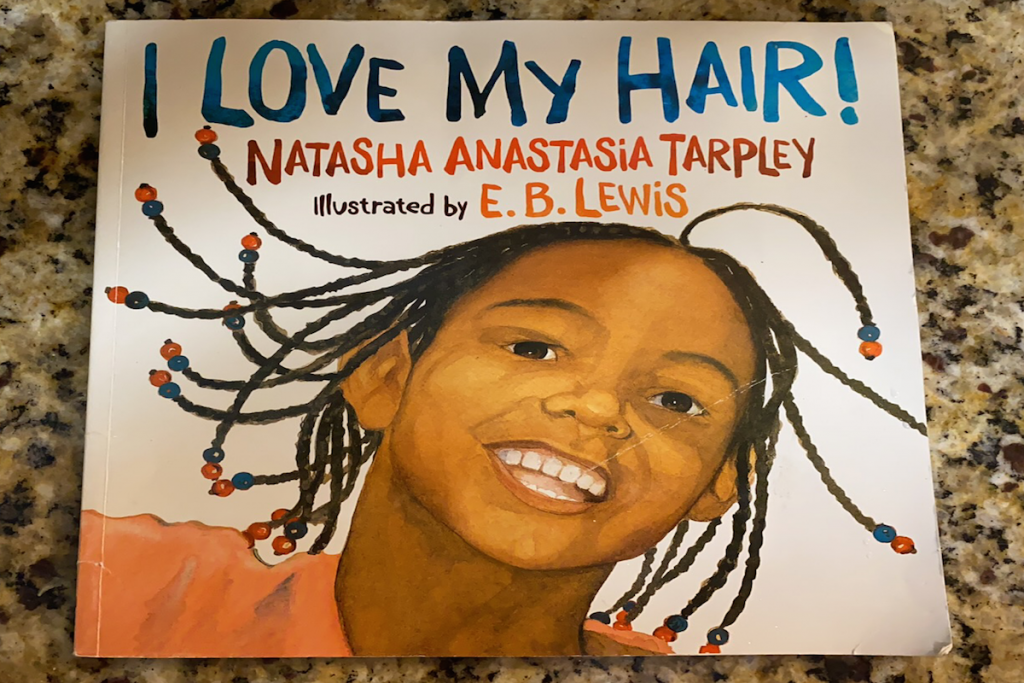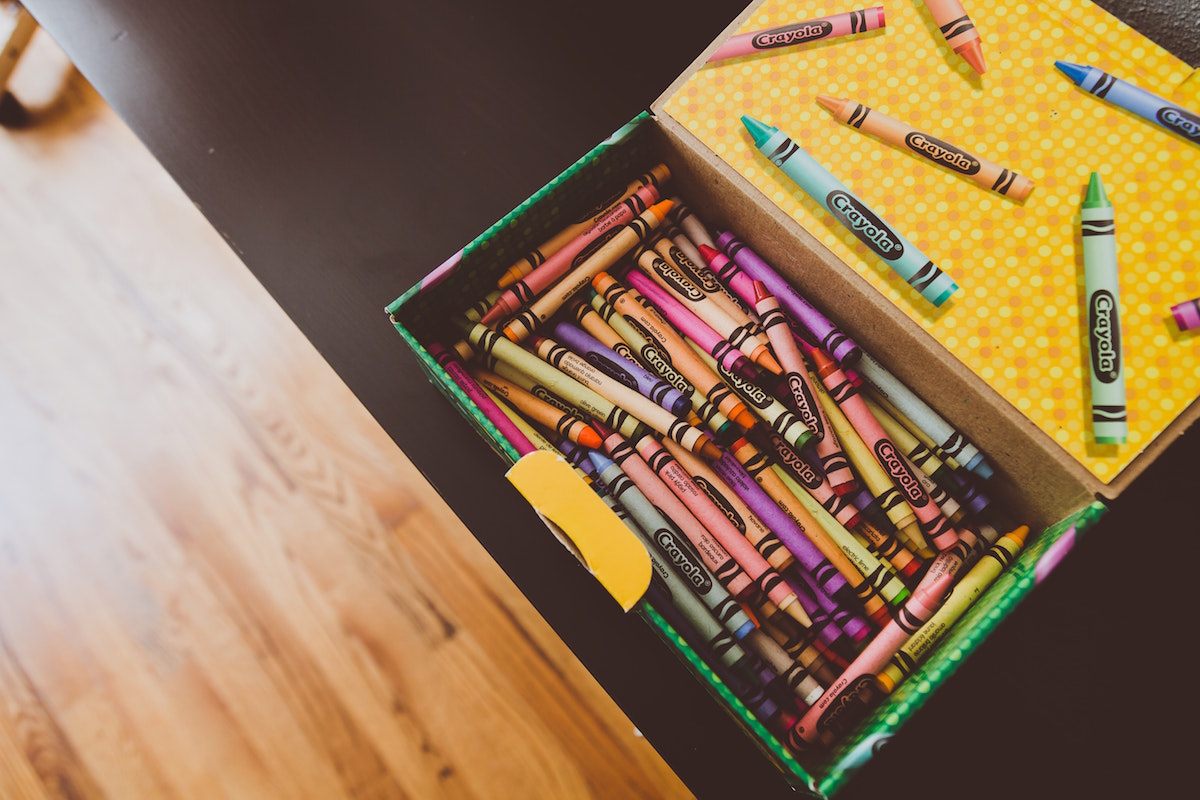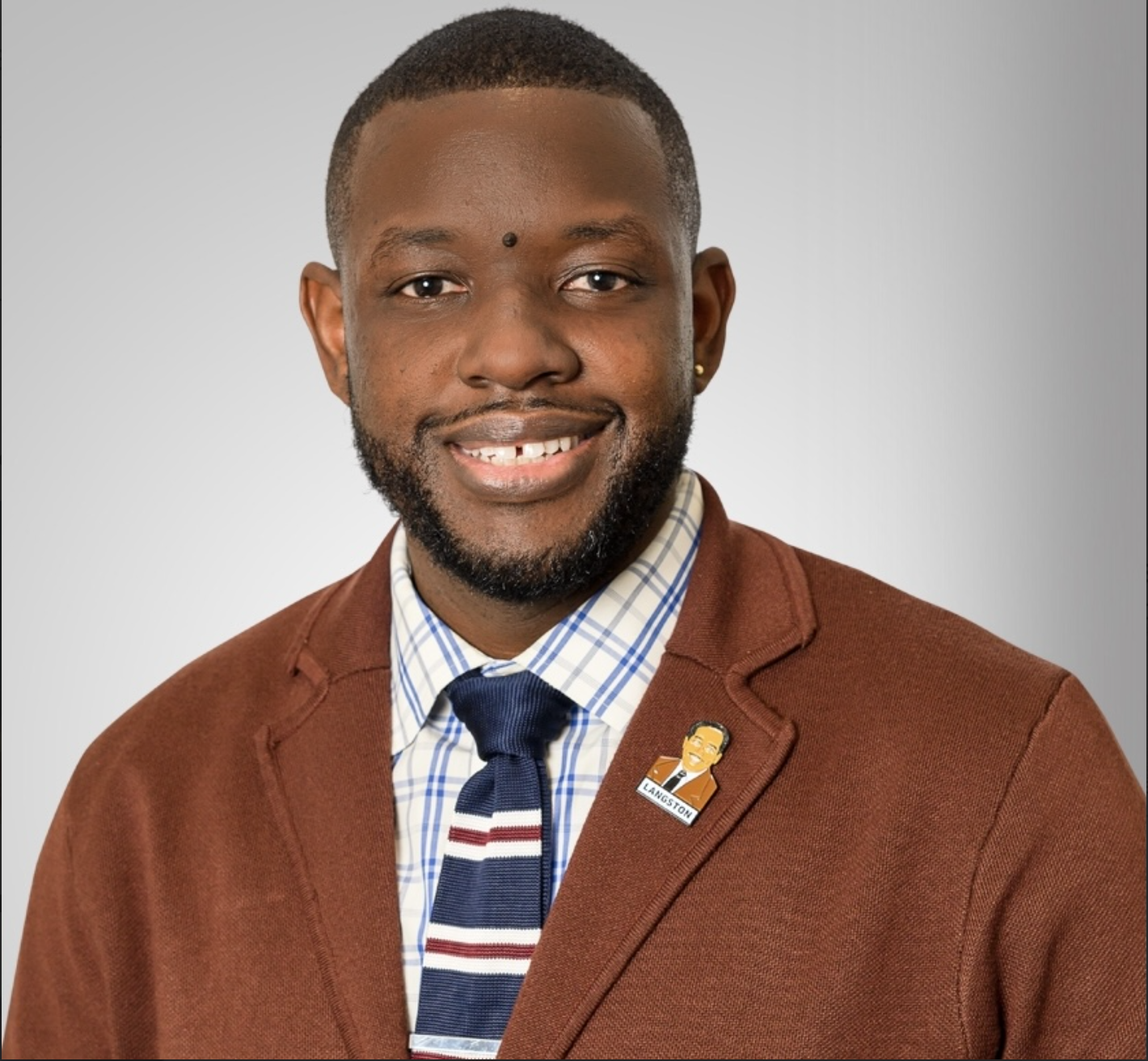My wife recreated the “Clark doll test” of the 1940s, with my daughter as her only participant. In the test, children,in this case my 6-year-old, are asked to answer several questions about a white doll and a Black doll. For context, the creators use their test in testimony during the historic Brown v. Board of Education battle over school integration. My baby said that the Black doll looked like her, and that the same Black doll was both bad and ugly. My wife and I identify as Black Americans, and in this society our three children will also.
As a father, my initial reaction to the results of this homemade experiment was anger. Most of my agitation arose because the “experiment” occurred while I was away at work—not that my presence would have made any difference to the outcome.
My next reaction involved inquiry. I wanted to know how a little Black girl with two pro-Black parents who advocate for equity and social justice, could have developed anything close to race-based self-hatred.
‘Black American Dual Consciousness’
My daughter has the books y’all—Lupita Nyong’o’s “Sulwe”; Natasha Tarpley’s “I Love My Hair!”; Vashti Harrison’s “Little Leaders: Bold Women in Black History.” Nevertheless, I began to feel as if our attempts to instill self-love in our daughter had utterly failed. We imagined a world in which we could raise our children to live so far above white supremacy and racism that the grime of it would simply be a thing to avoid. We do not want them to battle the trauma, psychosis or cognitive dissonance that Black American dual consciousness thrusts upon us. Survival be damned. Our children deserve to thrive.

However, the truth of the racist lie is much more insidious. White supremacy is in fact, ubiquitous. When we turn on the television, watch the news and scroll our social media, the stench of it exists, and we have become nose-blind to it.
Being “woke” is a misnomer because most of us are under some level of anesthesia. I recently underwent a medical procedure requiring general anesthesia. To my surprise, I began to regain consciousness in the middle of the operation—I could see and move my hands and feet to the degree of a kicking infant in the womb! This has been my experience with racism. I can see its effects, and perhaps I am “woke,” but I am unable to escape it completely.
What then does this mean for my daughter? How do Black people win against an often-invisible foe?
I turn to my experience as a Mississippi educator for the answer. Anytime a competent teacher introduces a new skill, they initially model the skill. This means that parents must project the love of self that we want our children to embody. This means as adults, we must surround ourselves with those who profess and live out Black self-actualization. I must intentionally absorb it, read it and ingest it. I say this because the struggle to cleanse ourselves from racist hate must be fought on both external and internal fronts.
To hate is to lack.
Emptiness: The Opposite of Hate
In contrast, self-love is fullness that explodes beautifully onto others. Those who hate and especially hate for the sake of skin color are announcing to the world that they are utterly empty. Hate is not the opposite of love; emptiness is. To truly hate is to see the void in self and despise it so much that you must wrap others in your displeasure. It is in projecting this unhappiness that a lie is created. Those who hate tell themselves that by destroying others, they will finally be able to love themselves.
Recently, my daughter drew a picture of herself, and like most parents, my wife clearly identified her artistic genius and decreed that like all modern works of art, the drawing must be put on display (on the refrigerator). When I noticed the newest addition to our collection, I pulled my little girl aside. She explained to me that she purposefully chose to use a brown-shade crayon, Raw Sienna, to color herself (shout-out to Crayola). When I asked how she thought she looked in the picture, my baby girl replied, “Beautiful.”

This was not an accident. I did not wave a magic wand or ignite tons of sage. Simply my wife and I decided to stop simply offering resources for self-love. Like I mentioned earlier, my daughter has the books. We realized that children, like all of us, learn mostly through observation. We decided that what our children needed to hear and see was their parents affirming and acknowledging each other’s beauty, as well as their own.
Again, my Mississippi master teacher taught me well. A model, or a few models, were necessary. If hate can be taught, then love must be taught.
Therefore, our work as parents and a people is not done. Waking up from racism is not done in a moment, but like a good drawing it develops from idea to outline, and slowly with care and color it takes shape. Finally, when color comes to fullness, we can all call it “beautiful.”
This MFP Voices essay does not necessarily represent the views of the Mississippi Free Press, its staff or board members. To submit an essay for the MFP Voices section, send up to 1,200 words and factcheck information to azia@mississippifreepress.com. We welcome a wide variety of viewpoints.






